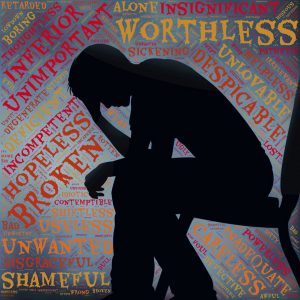 We have a relative that we jokingly refer to as hypochondriac. She isn’t diagnosable. We just like to tease her when she begins to worry about her health. I mean, everyone worries about their health now and then. But, we probably should not tease about this since a number of people do struggle with a type of disorder known as Illness Anxiety Disorder, formerly known as hypochondriasis.
We have a relative that we jokingly refer to as hypochondriac. She isn’t diagnosable. We just like to tease her when she begins to worry about her health. I mean, everyone worries about their health now and then. But, we probably should not tease about this since a number of people do struggle with a type of disorder known as Illness Anxiety Disorder, formerly known as hypochondriasis.
For the hypochondriac, medical testing doesn’t usually find anything wrong, but the person is convinced they have a serious illness. Usually there are numerous body symptoms accompanied by high anxiety and alarm around health. For example, a running nose indicates a serious sinus problem. Or dizziness means a brain tumor. Multiple doctors are seen to try and figure out the health issue. All along, the person feel hopelessness and despairing, often engaging in catastrophic thinking. They are in their right mind, but preoccupied with illness. This excessive worry continues for at least 6 months and cannot be explained by another mental health disorder.
If you are concerned this might describe someone you know or even you, answer these questions. If you say YES to most of them, you might need to see a therapist.
- I become afraid when minor things that go wrong in my body–e.g., sneezing, cough, occasional headache, sore throat, etc.
- I check my body for signs of sickness often and regularly.
- I focus on a specific organ in my body or look for a specific disease like cancer.
- I frequently talk about illness.
- I make lots of doctor visits.
- I spend time searching the Internet for diseases and symptoms.
- Even when I have a medical test and it is negative, I feel no relief.
- I avoid certain places and activities for fear that I might contract something or be exposed to an illness.
- I think any pain in my body indicates a serious problem.
- People in my family feel the same and talk a lot about illness.
A type of therapy that works with Illness Anxiety Disorder is exposure therapy. The idea is to reduce the physical and emotional distress associated with a particular object, situation, thought, or memory concerning health. Exposure therapy usually requires you to relive a painful health experience, confront the fear involved and deal with the thoughts that are amplifying anxiety. Over time, the exposure takes away the fear and reduces anxiety. You don’t have to live with constant health worries.


